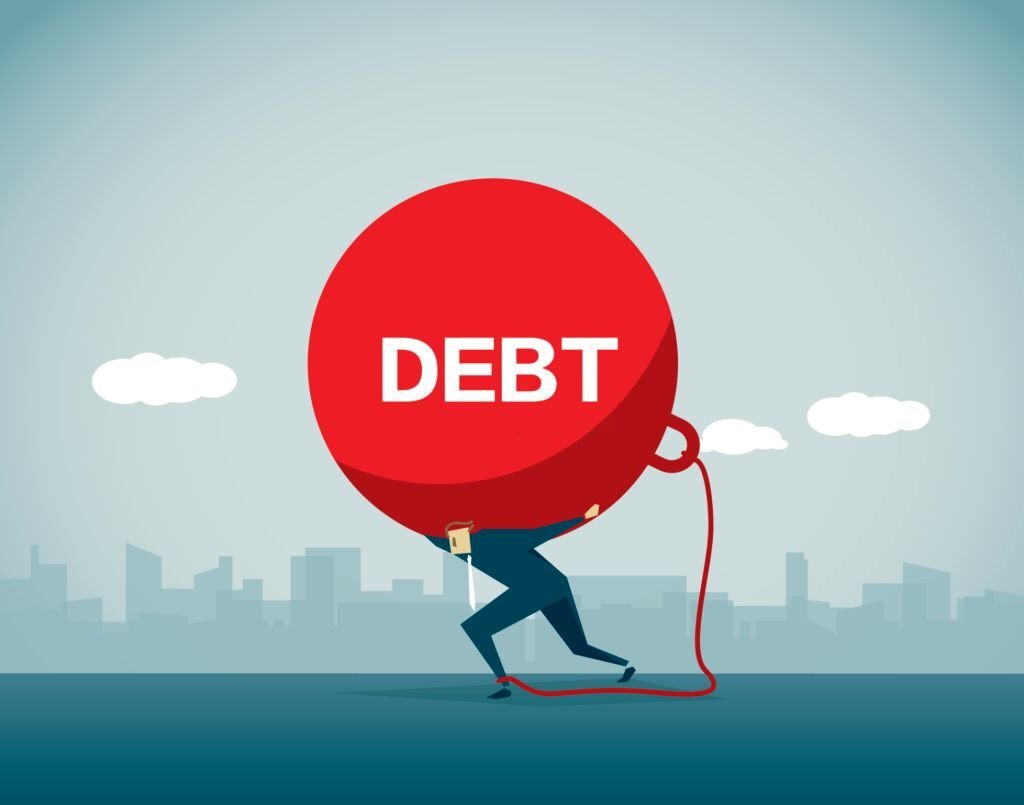Introduction
Debt can be a significant burden that hampers your financial well-being and restricts your ability to achieve your dreams. However, with the right strategies, you can overcome debt and achieve financial freedom. In this comprehensive guide, we’ll explore actionable tips and techniques to manage your debts wisely and secure a brighter financial future.
Debt Management: Strategies for Financial Freedom
Strategies for Financial Freedom encompasses various approaches to handle debt efficiently, allowing individuals to regain control over their finances and build a solid foundation for the future. Here are some essential strategies to consider:
Assess Your Debt Load
First and foremost, it’s crucial to understand the extent of your debt before you embark on your journey towards financial freedom. Make a list of all your debts, including credit cards, loans, and outstanding bills. Organize them by interest rates and outstanding balances to prioritize your repayment plan effectively.
Create a Budget That Works
A well-structured budget forms the bedrock of successful debt management. Analyze your income and expenses, and allocate a portion of your earnings to debt repayment. Identify areas where you can cut back on unnecessary spending and redirect those funds towards clearing your debts faster.
Build an Emergency Fund
Unexpected expenses can derail your debt management efforts. Establishing an emergency fund with at least three to six months’ worth of living expenses can act as a safety net during challenging times, helping you avoid taking on more debt.
Employ the Snowball Method
The snowball method involves tackling your debts from smallest to largest, regardless of interest rates. By paying off smaller debts first, you’ll experience a sense of accomplishment, which motivates you to tackle larger debts systematically.
Utilize the Avalanche Method
Contrary to the snowball method, the avalanche method focuses on paying off debts with the highest interest rates first. This approach minimizes the overall interest paid and expedites debt elimination.
Debt Consolidation
Debt consolidation involves merging multiple debts into one, often with a lower interest rate. This simplifies repayment and may reduce your monthly payment, making it easier to manage your debt effectively.
Negotiate with Creditors
Don’t hesitate to negotiate with your creditors for better terms, such as reduced interest rates or extended repayment periods. Many creditors are open to negotiation, especially if it means ensuring they receive their money back.
Seek Professional Financial Advice
If you find yourself overwhelmed by your debt situation, consider seeking advice from a reputable financial advisor. They can provide personalized guidance and help you develop a custom-tailored debt management plan.
Avoid Taking on New Debt While managing your existing debt
Refrain from taking on new debt unless it’s absolutely necessary. Focus on clearing your current obligations before venturing into new financial commitments.
Increase Your Income
Find ways to supplement your current income, such as freelancing, part-time work, or starting a side business. The additional income can accelerate your debt repayment journey significantly.
Leverage Balance Transfers
Transferring high-interest credit card balances to cards with lower or zero interest rates can save you money and accelerate your debt payoff.
FAQs
Q: What is debt management?
Debt management refers to the strategic process of handling and repaying debts to achieve financial freedom and regain control over one’s finances.
Q: Is debt consolidation a good option?
Debt consolidation can be a useful option for individuals with multiple high-interest debts, as it simplifies repayment and may reduce overall interest costs.
Q: Can I negotiate with my creditors?
Yes, negotiating with creditors is a viable option. Many creditors are willing to consider better terms to ensure they receive their payments.
Q: How long does debt management take?
The duration of debt management varies depending on individual circumstances. It may take several months to several years to achieve financial freedom.
Q: Should I tap into my retirement savings to pay off debts?
Tapping into retirement savings should be avoided, as it can have significant long-term consequences on your financial security during retirement.
Q: What are some common debt management mistakes to avoid?
Common mistakes include borrowing more while managing existing debts, not budgeting effectively, and ignoring the importance of financial literacy.
Read on
Debt Management Mistakes to Avoid: A Comprehensive Guide
Conclusion
Debt management is a vital aspect of achieving financial freedom and securing a better future. By adopting the right strategies, making informed decisions, and staying disciplined, you can overcome debt and pave the way to a brighter financial tomorrow. Remember, seeking professional advice when needed and staying committed to your plan are key to success on your journey to debt-free living. To make the content more readable, I have incorporated additional transition words and phrases throughout the text.
We have a firm belief that every organization has a unique purpose only they can fulfil in this world. We work with you in organizing your resources to exploit opportunities so that you can fulfil your purpose and realize full potential. We build the capacity of people, processes and systems for organizational success and growth as well as nurturing a thriving ecosystem.
Ready to enhance your skills and boost your career? Explore our corporate training programs now and start your journey to success.









Comment here